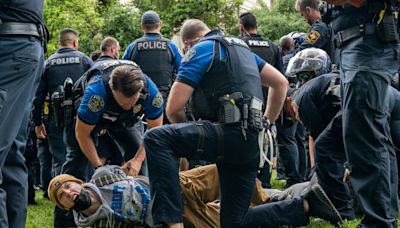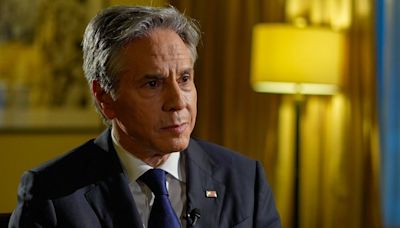Search results
The meaning of STATE is mode or condition of being. How to use state in a sentence. mode or condition of being; condition of mind or temperament; a condition of abnormal tension or excitement…
The United States of America is a federal republic [1] consisting of 50 states, a federal district ( Washington, D.C., the capital city of the United States), five major territories, and various minor islands. [2] [3] Both the states and the United States as a whole are each sovereign jurisdictions. [4]
Flag, Name And Postal Abbreviation [8]Flag, Name And Postal Abbreviation [8]Cities(capital)Cities(largest [12])ALAKAZARThis article lists the 50 states of the United States. It also lists their populations, the date they became a state or agreed to the United States Declaration of Independence, their total area, land area, water area, and the number of representatives in the United States House of Representatives.
Flag, Name And Postal Abbreviation [1]Flag, Name And Postal Abbreviation [1]Cities(capital)Cities(largest (by Population) [5])ALAKAZARState information resources for all things about the 50 states including alphabetical states list, state abbreviations, symbols, flags, maps, state capitals, songs, birds, flowers, trees and much more.
- Overview
- Greek and Roman precedents
- Machiavelli and Bodin
- Hobbes, Locke, and Rousseau
state, political organization of society, or the body politic, or, more narrowly, the institutions of government. The state is a form of human association distinguished from other social groups by its purpose, the establishment of order and security; its methods, the laws and their enforcement; its territory, the area of jurisdiction or geographic ...
The history of the Western state begins in ancient Greece. Plato and Aristotle wrote of the polis, or city-state, as an ideal form of association, in which the whole community’s religious, cultural, political, and economic needs could be satisfied. This city-state, characterized primarily by its self-sufficiency, was seen by Aristotle as the means ...
It was not until the 16th century that the modern concept of the state emerged, in the writings of Niccolò Machiavelli (Italy) and Jean Bodin (France), as the centralizing force whereby stability might be regained. In The Prince, Machiavelli gave prime importance to the durability of government, sweeping aside all moral considerations and focusing ...
For Locke and Rousseau, as well as for Locke’s English predecessor Thomas Hobbes, the state reflected the nature of the human beings who created it. The “natural condition” of man, said Hobbes, is self-seeking and competitive. Man subjects himself to the rule of the state as the only means of self-preservation whereby he can escape the brutish cycle of mutual destruction that is otherwise the result of his contact with others.
For Locke, the human condition is not so gloomy, but the state again springs from the need for protection—in this case, of inherent rights. Locke said that the state is the social contract by which individuals agree not to infringe on each other’s “natural rights” to life, liberty, and property, in exchange for which each man secures his own “sphere of liberty.”
Rousseau’s ideas reflect an attitude far more positive in respect of human nature than either Hobbes or Locke. Rather than the right of a monarch to rule, Rousseau proposed that the state owed its authority to the general will of the governed. For him, the nation itself is sovereign, and the law is none other than the will of the people as a whole. Influenced by Plato, Rousseau recognized the state as the environment for the moral development of humanity. Man, though corrupted by his civilization, remained basically good and therefore capable of assuming the moral position of aiming at the general welfare. Because the result of aiming at individual purposes is disagreement, a healthy (noncorrupting) state can exist only when the common good is recognized as the goal.
Students save 67%! Learn more about our special academic rate today.
- The Editors of Encyclopaedia Britannica
People also ask
What is the definition of a state?
What are some examples of states?
What is the difference between a state and a polity?
What is the difference between a state and a nation?
In the United States, a state is a constituent political entity, of which there are 50. Bound together in a political union, each state holds governmental jurisdiction over a separate and defined geographic territory where it shares its sovereignty with the federal government.
STATE meaning: 1. a condition or way of being that exists at a particular time: 2. the present situation: 3. a…. Learn more.








